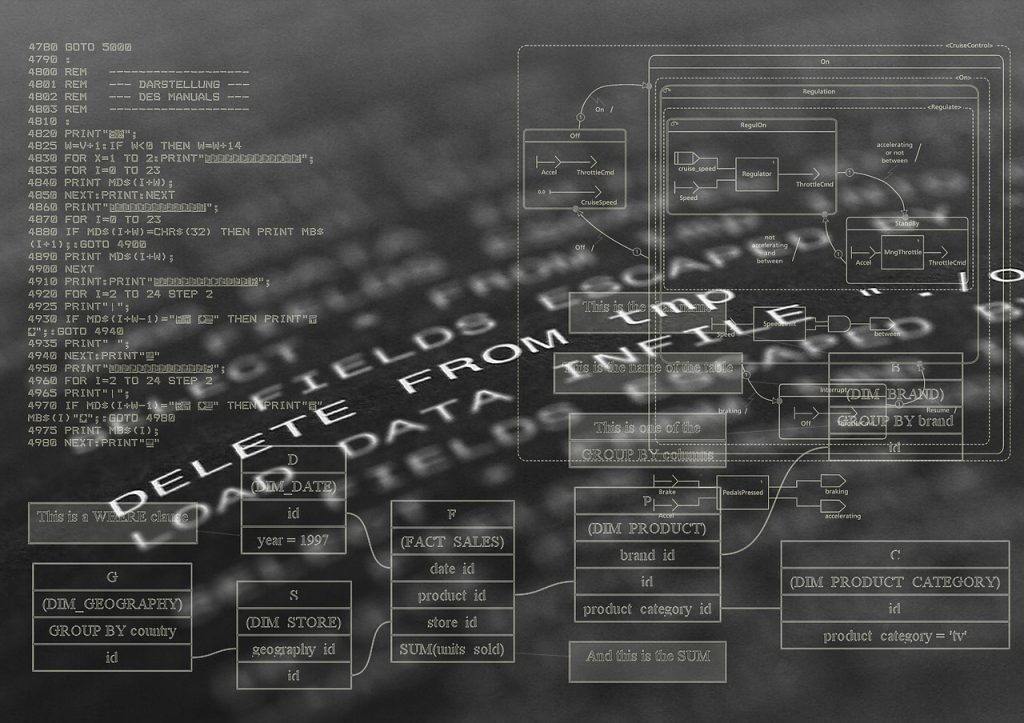
The European Green Claims Directive and its Asymmetric Effects
*Originally published in JOTA.
**This is an AI-powered machine translation of the original text in Portuguese.
So-called green claims — environmental claims used to communicate the sustainable attributes of products and services — have become a central element of the commercial strategy of companies seeking to position themselves before consumers who are increasingly attentive to the ecological externalities of their choices.
These claims may take the form of certification labels, brands, images, or expressions such as “carbon neutral” and “sustainable.” However, their impact depends on the credibility and verifiability of the information conveyed; otherwise, they risk degenerating into so-called greenwashing — a misleading marketing practice that simulates environmental responsibility without factual basis, that is, without genuine investments in a sustainable production chain.
In light of the proliferation of unfounded claims and the fragmentation of labels — more than 230 in the European Union alone —, the European Commission presented, in 2023, the proposal for the Green Claims Directive.
The proposal sets strict criteria for the use of environmental statements, requiring comprehensive scientific substantiation, methodological transparency, and verification by independent third parties. Open-ended terms such as “ecofriendly” or “green” become prohibited in the absence of clear evidence, as do promises based exclusively on carbon offsetting.
Although commendable in its aim to combat greenwashing and foster informed choices, the GCD may produce disproportionate effects on developing countries, particularly exporters such as Brazil.
The new regime adds to other European instruments — such as the Carbon Border Adjustment Mechanism (CBAM), the Renewable Energy Directive (RED), and the EU Deforestation Regulation (EUDR) — forming a complex regulatory framework that imposes traceability, certification, and environmental proof obligations often beyond the institutional, technical, and financial capacities of small and medium producers in the Global South.
In the Brazilian case, where about 13% of exports are destined for the EU, compliance costs include international audits, technological adaptation, and the purchase of carbon credits in the European market. According to a 2023 study by the Boston Consulting Group, the combined requirements of the CBAM and the EUDR could lead to a contraction of up to 35% in Brazilian agricultural exports to the bloc, with the potential elimination of more than 20,000 jobs.
There are also geopolitical and legal implications of this regulatory framework, discussed during the panel “Sustainability and Technology: The Impact of Green Claims Rules on Innovation”, held at FIB15, with the participation of Josie Menezes, Julia Cruz, and Christian Perrone.
For example, there are technical gaps in the drafting of European sustainability standards — such as the exclusion of the Caatinga and the Cerrado, areas under high anthropic pressure, from the European definitions of forest — and asymmetries between regulatory requirements and the specificities of Brazilian biomes and energy matrix, which is predominantly renewable.
This process — often disconnected from the needs of Global South countries — has been described as “green colonialism”, drawing attention to the concentration of certifying entities in the Global North and to the opacity of supply chains that, even when certified, remain involved in environmental and labor violations.
The result is often the creation of a false dilemma: while the high costs and entry barriers caused by a regulation such as the GCD are real, the sustainability gains are sometimes uncertain.
Moreover, the requirement of strict certifications tends to favor consumer-facing companies with globalized structures, while penalizing more opaque supply chains or companies oriented toward less visible sectors. For this reason, it is necessary to go beyond labeling and adopt a systemic approach that encompasses both the sustainability of technology and the use of technology to promote sustainability, considering the entire product life cycle.
In contrast to the European reliance on private certification, Brazil has robust regulatory instruments, such as strict liability for environmental damage, enshrined in the doctrine of integral risk. The effective implementation of these rules, combined with direct public oversight, may constitute a more effective and fair alternative to the mere internalization of external requirements.
In this regard, the effectiveness of the Green Claims Directive will depend less on its formal rigidity and more on its ability to recognize the diversity of productive contexts. Without transitional measures, financial support, and positive differentiation mechanisms for vulnerable exporters, the directive risks turning into a technical barrier disguised as environmental policy.
To prevent the regulation of environmental claims from reinforcing structural inequalities, it will be necessary to build multisectoral and inclusive solutions that reconcile ecological integrity with economic justice.
References: Legal Wings Institute. Green Claims Report: Impacts of European Union’s Regulations on Brazil. 2023.



